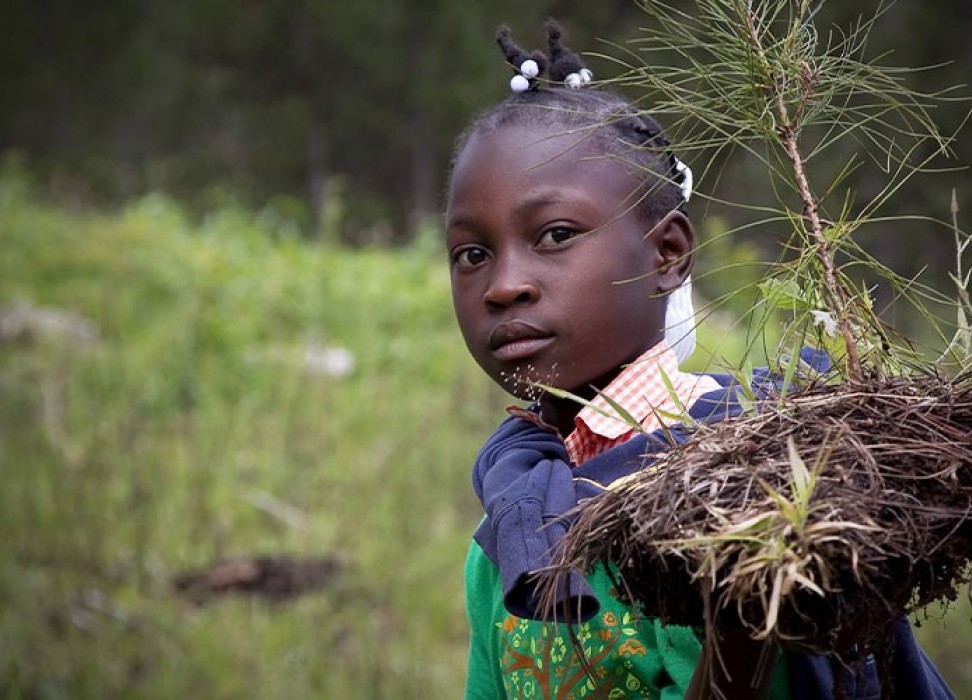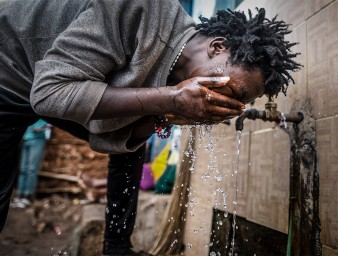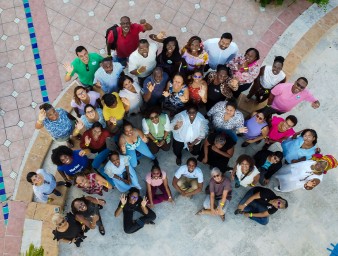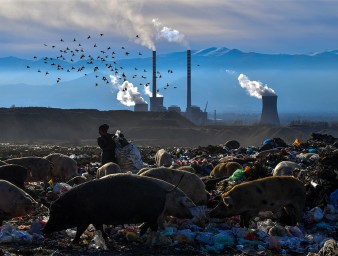Expert calls for resolution on right to healthy environment
11 March 2020

The right to a healthy environment needs global recognition as a way to get more countries to accelerate actions to provide safer, cleaner and more sustainable environments for their citizens, said David Boyd.
“Recognition of this right can itself be considered a good practice,” Boyd told the Human Rights Council. “All States must dedicate the maximum available resources to comply with their human rights obligations in addressing environmental challenges.”
Boyd, who is the Special Rapporteur on human rights and environment, called on the Council to enact a resolution recognizing the right to a healthy environment, noting that 80 percent of United Nations Member States had already recognized the right in constitutions, laws, or treaties.
Boyd made his statement during the presentation of his annual report to the Council, which took place recently in Geneva. His report focused on good practices across the globe in implementing the right to a safe, clean, healthy and sustainable environment. Boyd defined good practices as “laws, policies, jurisprudence, strategies, programs, projects…and other measures that contribute to reducing adverse impact on the environment, improving environmental quality and fulfilling human rights.”
Boyd gathered more than 500 examples of good practices from 178 countries for the report. Good practices include: an online environmental observatory in Uruguay, the banning of bee-killing pesticides in France, and the generation of at least 98 percent of electricity from renewable sources in Albania, Iceland, Costa Rica and several other states.
“A remarkably diverse array of actions can deliver the imperatives of cleaner air, improved access to safe water and adequate sanitation and sustainably produced food, healthy environments and safe climate,” the report stated.
The adoption of a resolution would provide a positive catalyst to accelerate efforts, he said, just as the UN resolutions on the rights to water and sanitation in 2010 have sparked progress in fulfilling these essential rights.
“Humanity faces a daunting and unprecedented global environmental crisis. Despite many good practices, they are not enough. There is much more work to be done to transform today’s unjust and unsustainable society into an ecological civilization where human rights are universally respected, protected and fulfilled.”
11 March 2020




